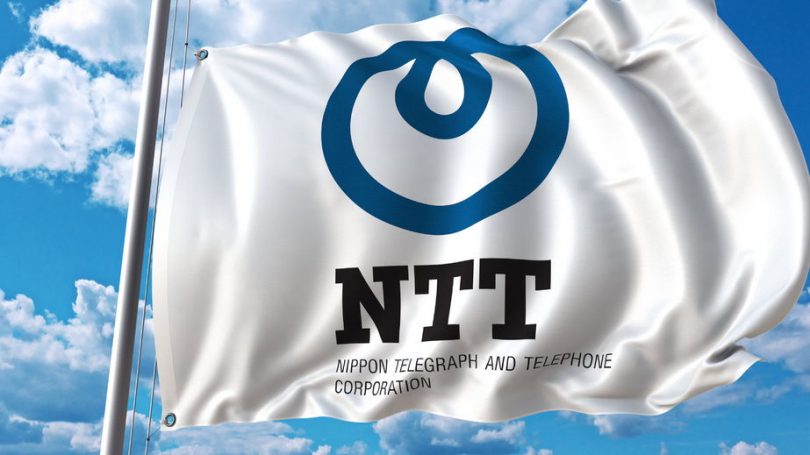NTT Data outlined plans to demonstrate a new Supply Chain platform that leverages blockchain and IoT. To implement the project NTT partnered with the New Energy and Industrial Technology Development Organization (NEDO). From January to March 2019 the demonstration will run at ports exporting containers to North America and Asia. The aim is to go into production by March 2020.
The project plans to improve productivity and shorten lead times for processing export documentation. NEDO is also targeting non-digitized businesses. Much like the IBM-Maersk container venture, the supply chain project will involve a wide range of organizations: importers, exporters, forwarders, customs companies, land transportation, terminal operators, shipping companies, banks, and insurance.
In 2016 NTT started experimenting with supply chain blockchains and last year formed a consortium of thirteen companies. This includes three container companies Kawasaki Kisen Corporation, MOL, and NYK Line. However, the three companies combined have roughly a third of the capacity of Maersk.
Even though the consortium involves large companies, NEDO is including SMEs in the demonstrations.
The business need
The flow of information in Japanese trade is not digitized. Hence, companies use paper and PDFs which means it takes time to reconcile and correct data between parties. In addition to the inefficiencies, the lack of digitization means its hard for exporters to know the state of cargo.
The project
A blockchain is used to share the data between the various parties securely. NTT is providing an API to enable integration with the system, and they’re also considering creating a simple user interface.
NTT, the consortium, and NEDO are cooperating in formulating data standards and rules for sharing information related to trade.
There’s an existing online system called Nippon Automated Cargo and Port Consolidated System (NACCS). Its mainly used for connecting private car companies and customs for international logistics. NTT plans to coordinate the blockchain system with NACCS.
Other initiatives
Apart from the global IBM/Maersk initiative, there are numerous regional projects. In Singapore, there’s the Open Trade Blockchain project. In Australia PwC and the Port of Brisbane are creating a supply chain blockchain. Three months ago two separate plans were announced in the UAE. And in South Korea, there’s a blockchain driven by their customs service.
Blockchain aims to create a shared source of data and break down silos. But the proliferation of supply blockchains is going to require many integrations between the different initiatives.






